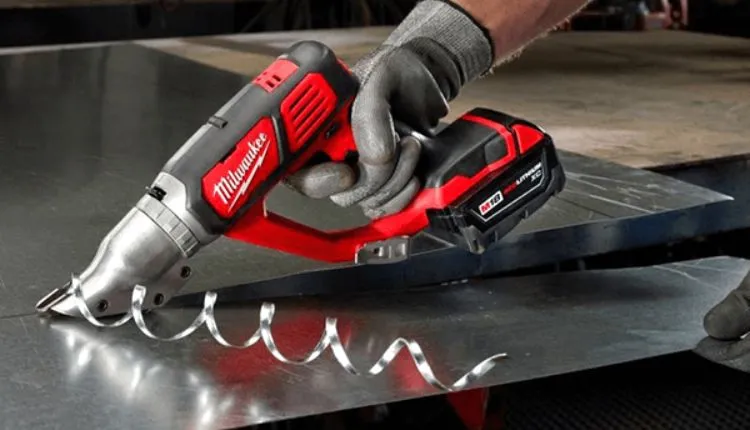Custom fastener manufacturers provide custom fasteners to a wide variety of businesses. They do this in many ways, from creating threaded fasteners to rolling fasteners. You may be familiar with some of the basics, such as the materials used and the type of fasteners produced. But there are a few specific things you should know about custom fastener manufacturing, including the quality assurance requirements of the industry, as well as the differences between female and male fasteners.
Materials Used
There are many different materials that can be used to manufacture custom fasteners. These include steel, aluminum, and exotic materials. Each type has a different set of strengths and features. So, it is important to select the right material for a particular application.
Steel is a popular material for fasteners. It offers excellent strength and workability. Besides, it is inexpensive to produce. But, it is not as durable as other metals. Aluminum is also a good choice for lightweight applications. It is a light metal that is easily formed. Its corrosion resistance makes it a viable choice. However, its low tensile strength may result in its failure in cold temperatures.
Female And Male Fastener Types
Fasteners are devices used to hold two or more pieces of material together. They come in different sizes and materials, so it is important to choose the right one for your application. Aside from their shape, fasteners can also be classified into several subtypes.
There are four common types of fasteners. These include bolts, screws, nails and tacks. Each type has its own function and uses. Bolts are often used to join items together. The most common metal used to make fasteners is steel. However, other materials are used for special applications. Screws are used to connect two objects, allowing for more precision than bolts. They can be inserted through pre-drilled holes. They have a sharp tip and a cylindrical body.
Thread Rolling
Thread rolling by custom fastener manufacturers is an effective way to create threaded fasteners with precise threads and optimal precision. Its benefits include superior strength, improved finish, and reduced production waste. The rolled thread has a hardened outer surface and is free from burrs and chatter marks.
Thread rolling is a cold forming process that involves rolling a metal stock through dies. This process distorts the material, imparting smooth and burnished threads to the end product. Compared to the other processes, it is faster and less costly. There are two types of thread rolling machines. One type is a flat die type, which has two rectangular dies. Another type is a cylindrical die type machine. These are generally used in hard metals.
Thread Cutting
Thread cutting is a manufacturing process used by many custom fastener manufacturers. It involves removing material from a round bar of steel. Typically, the body of the fastener is reduced to a diameter of around one inch.
There are two main methods of thread cutting. The first involves rolling a shaft through a die. During the process, the shaft deforms and a hardened steel die penetrates the blank space. This leads the newly formed thread roots outwards. Compared to rolled threads, cut threads require more labor time and have a higher cost. Both processes leave a mark that travels into the fastener body. Cut threads also generate tears and chips.
Quality Assurance Demands Of A Custom Fastener Manufacturer
Quality assurance is a key part of the manufacturing process for fasteners. This includes both the processes and the system used to produce them. Getting the best possible product out of your company means incorporating the best test methods and providing detailed testing results. It also means having the best facilities and equipment for manufacturing them.
While you might not be able to manufacture a product with perfect quality, you can have a high level of confidence that your products will be safe and reliable. Having this knowledge will help your business avoid lawsuits and expensive liability claims. One of the most important aspects of quality control is ensuring that you are not throwing away good materials. Using corrective measures can prevent this from happening.
Customer Service
While you’re in the process of choosing a manufacturer to do your fastening magic, be sure to do your homework. Not all manufacturers are created equal, and those that are a dime a dozen may not deliver the goods. The key is to find the best vendor in your price range. After all, if you are in the market for custom screws, you don’t want to shell out the cash for a company that doesn’t live up to its name.
The best way to do this is to scour the web for companies that have earned the distinction of being a trusted partner in business. One such company is Bolts and Screws, Inc. Whether you need a single screw or a full-fledged supply chain solution, you will find a knowledgeable staff here to assist you.
Final Word
Custom fastener manufacturers can be a crucial part of any industry. They create different kinds of fasteners and customize the materials and coatings. However, it is important to choose the right supplier. Selecting the wrong vendor can cause a lot of problems. So, View here https://yijinsolution.com/top-10-bolts-and-nuts-manufacturers-in-china/
